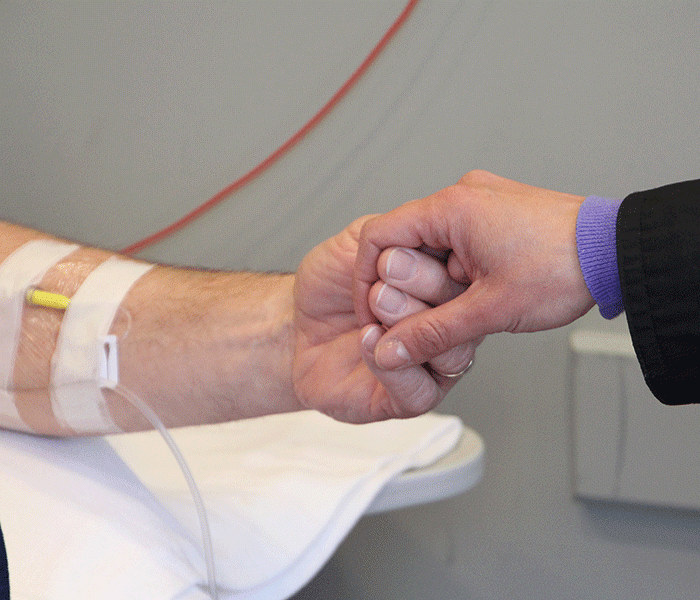My community hospital serves patients from several, small rural counties and many of the patients that I meet do not have a clear understanding of what palliative care is. Many are afraid of this term and by mentioning it, I have turned the conversation into a negative.
I recently met a family who told me that they did not like the word palliative and for me not to mention it like the nurse before me. This made me reflect back to a recent blog post “Palliative Care Is Not Just for the Dying” by Carol Cannon and delve further into The Institute of Medicine’s (IOM) report titled, "Dying in America: Improving Quality and Honoring Individual Preferences Near the End of Life." One of those recommendations is to educate the public.
I find that educating everyone about what palliative care means should be the top priority. Too often, patients and families suffer because of the lack of understanding of their options. As a nurse, I find it so difficult to watch patients and families struggle with decisions about care often simply because the word palliative is not well understood and feared.
The World Health Organization (WHO) defines palliative care as preventing and relieving suffering through early assessment and treatment. The moment a patient is diagnosed with cancer, or another chronic, debilitating illness, healthcare providers should be providing palliative care. There should be no significant shift in care, this is the care everyone should receive from the moment of diagnosis to the end.
As healthcare providers, we are there to assess physical and emotional suffering and to provide appropriate interventions. Of course, as the disease progresses so will our treatment efforts, but our intention remains the same; to decrease suffering so that the patient can live fully. If patients knew, and trusted, that from the very beginning we are providing this type of care to give them the best quality of life possible, then there should be no reason to hide from the term palliative care.
Nurses should always assess patients' physical, psychosocial, and spiritual needs and provide appropriate interventions regardless of what stage patients are in of their illness. By educating patients that this is the type of care that they always receive and deserve, it might help improve understanding of what palliative care means and make decisions for them a little easier. Going beyond the pamphlets, videos, definitions—nurses can show the public what palliative care means by caring for each individual and treating them as a whole person.






